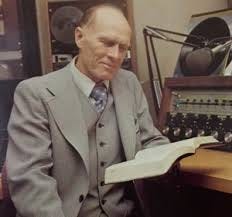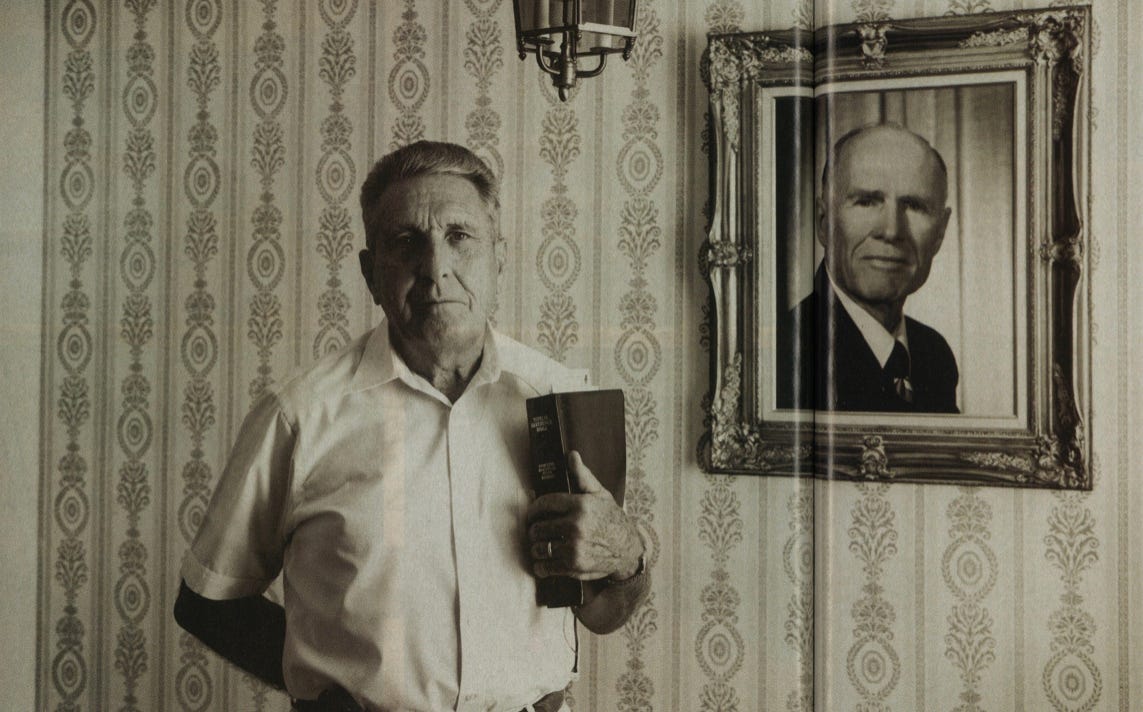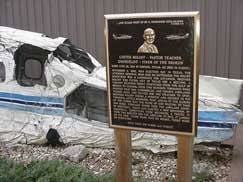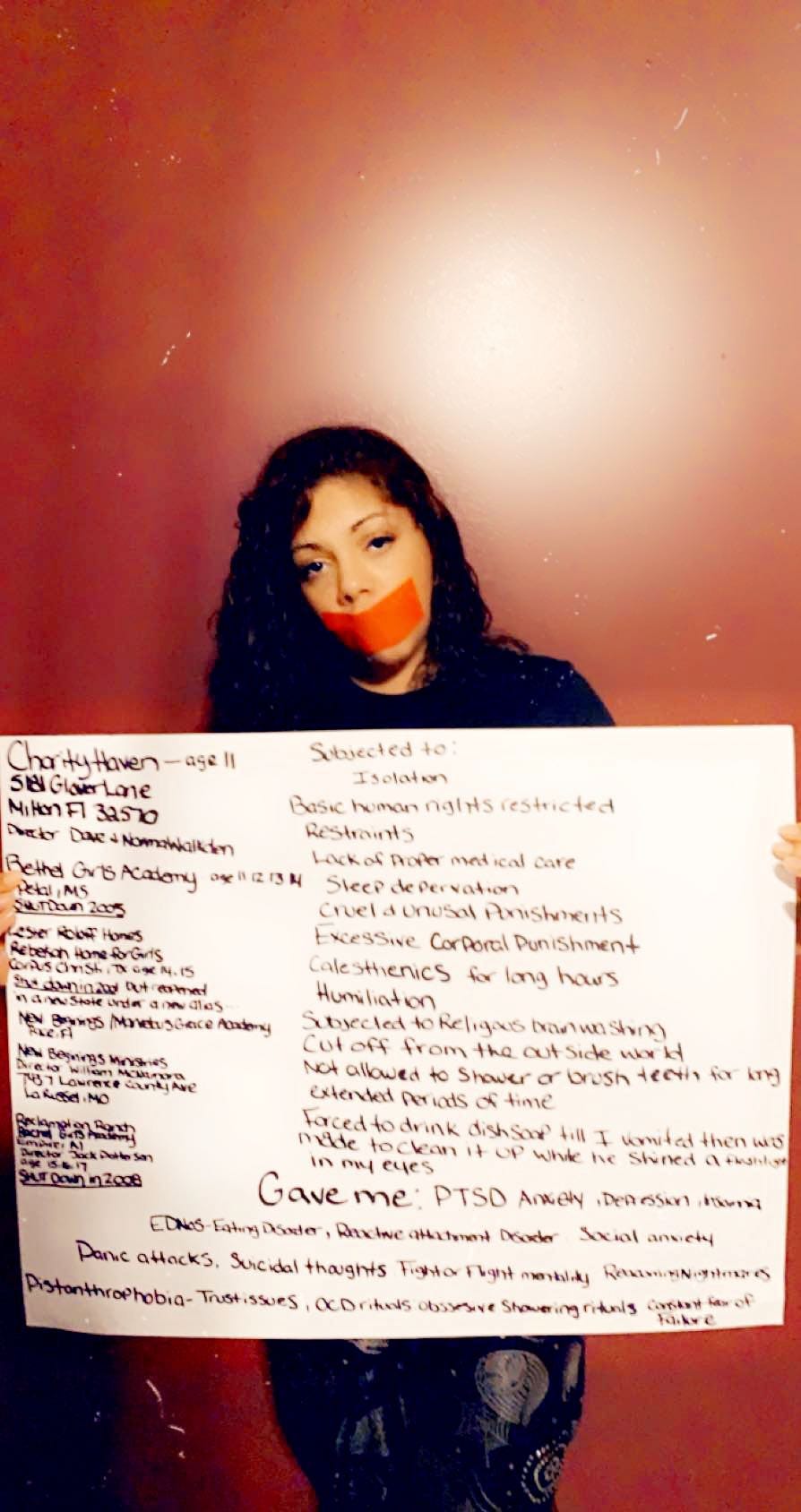IMDB.com credits the photo for Let Us Prey, while Google Search credits the photo for Lester Roloff. The photo credit for Texas-Monthly is not specified. Additionally, Wiley Cameron is shown in a portrait as the successor of Lester Roloff at the Rebekah Home, with the photographs taken by Judy Walgren.
The stories of Ruthy Heiler, Kathy Durbin, and Amanda Householder, Aril Avila , and Rachel Peach who are survivors of the Independent Fundamental Baptist (IFB) Church, are highlighted in Let Us Prey.
The series sheds light on the abuse they suffered at the hands of church leaders, as well as the violence, manipulation, and alleged cover-ups by other members. Episode 3, which focuses on the IFB Boarding Schools, is particularly impactful, as it exposes a hidden culture of cover-ups and abuse in IFB Churches.
What stood out to me the most was the exposure of the IFB Boarding Schools in Episode 3. Survivors have been speaking out against these God-less programs for decades, revealing the heinous atrocities that take place behind the walls of these institutions.
Join me as I delve into the dark history behind Roloff Enterprises, led by Lester Leo Roloff, the founder of teen homes across the American South. Roloff preached against homosexuality, communism, television, alcohol, tobacco, drugs, gluttony, and psychology, which led to disagreements with most of his Southern Baptist brethren.
He eventually broke with the Southern Baptist Convention and joined the Independent Baptist movement. Roloff actively ministered to alcoholic and homeless men, establishing his first mission house in Corpus Christi in 1954.
Additional children's homes were eventually added throughout Texas, Oklahoma, and Georgia.
The Rebekah Home for Girls, the first Roloff home for females, was established in 1968, bringing in young girls who were addicted to drugs. Wiley Cameron succeeded Lester Roloff as the head of the Rebekah Home, as shown in the portrait taken by Judy Walgren.
It's so important to shed light on the pain and abuse that survivors have experienced. The stories of Ruthy Heiler, Kathy Durbin, and Amanda Householder, April Avila and Rachel Peach are incredibly powerful. It's heartbreaking to hear about the violence, manipulation, and alleged cover-ups by church leaders and other members. It takes a lot of courage for survivors to speak out and expose the hidden culture of cover-ups and abuse in IFB Churches. Episode 3, which focuses on the IFB Boarding Schools, is particularly impactful.
The Blind Eye Movement is seeking justice and accountability after the sexual and emotional trauma caused by members of the IFB Church. "Let Us Prey" does a great job explaining how the IFB movement enables predators in the church to harm children in the name of the Lord.
Years have passed, yet survivors of these religious programs continue to fight for Federal legislation, undeterred by the passage of time since Lester's death. Astonishingly, his successors have established spinoff versions of his programs across America, some of which operate to this day without any oversight.
As a survivor myself, having endured the challenges of 5 IFB Religious Boarding Schools, including the New Beginnings Girls Academy (The Rebekah Home), I am in awe of the bravery displayed by these remarkable women who have chosen to share their stories. It takes an immense amount of courage for survivors to break their silence and shed light on the concealed culture of cover-ups and abuse within IFB Churches.








